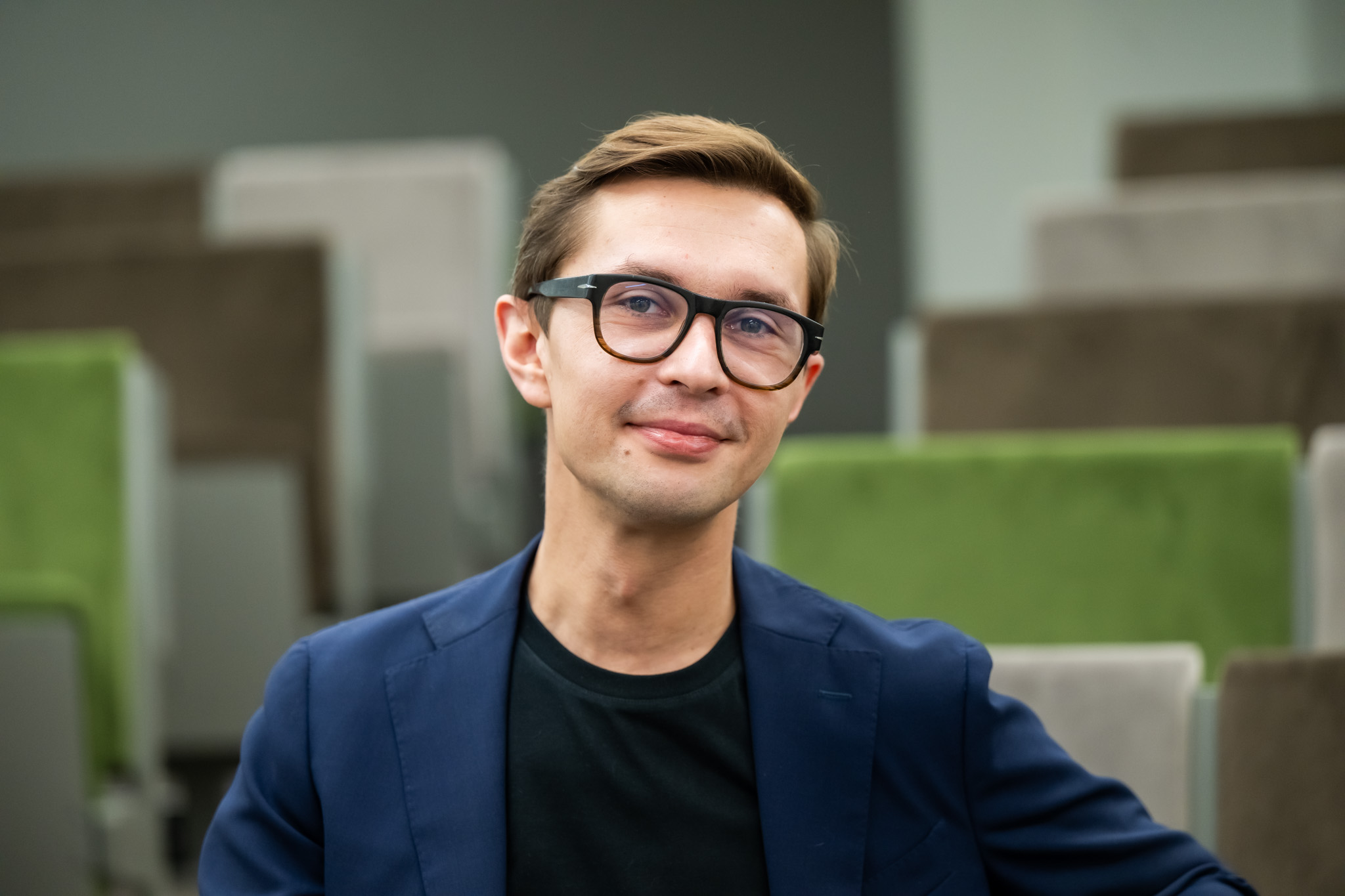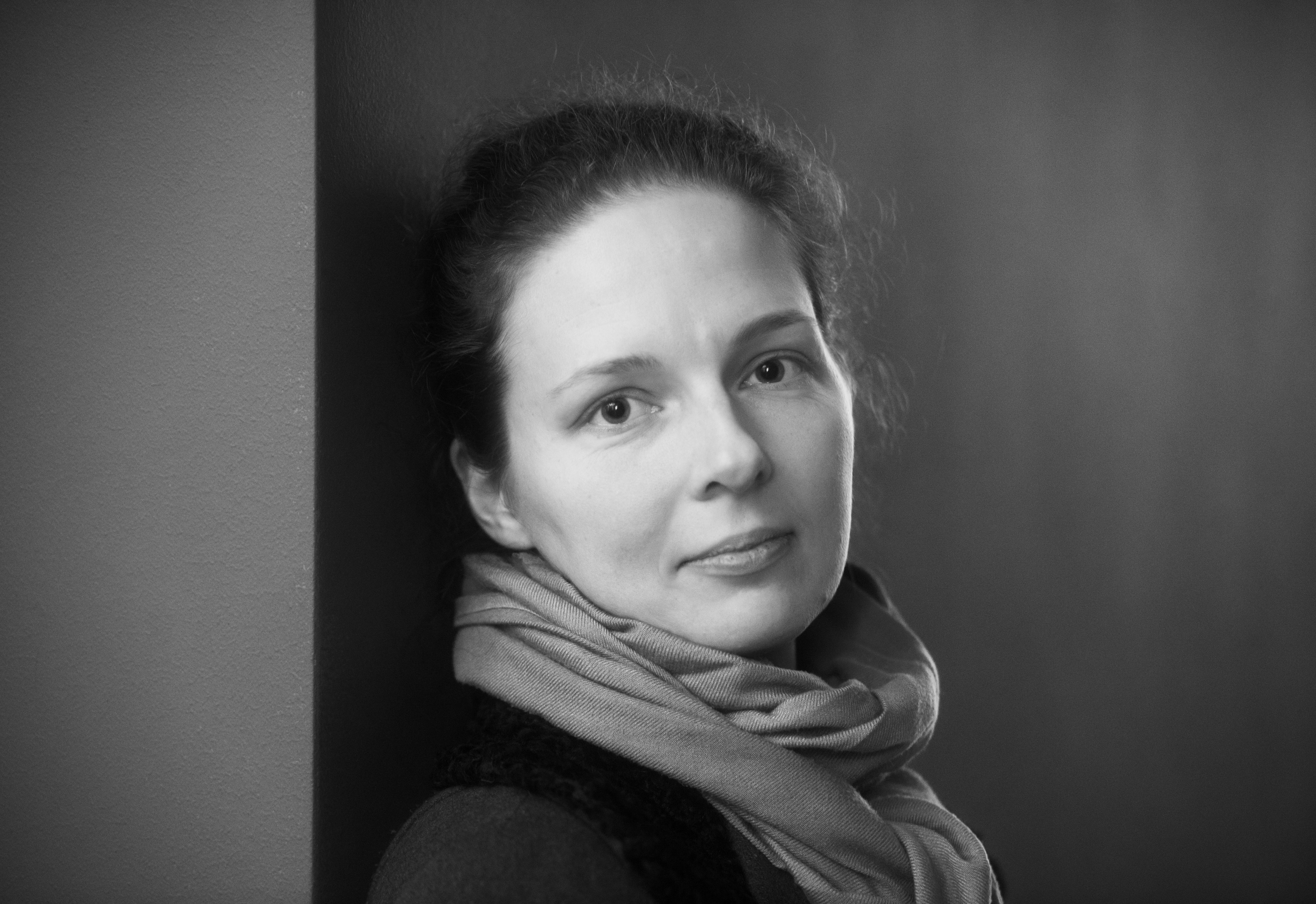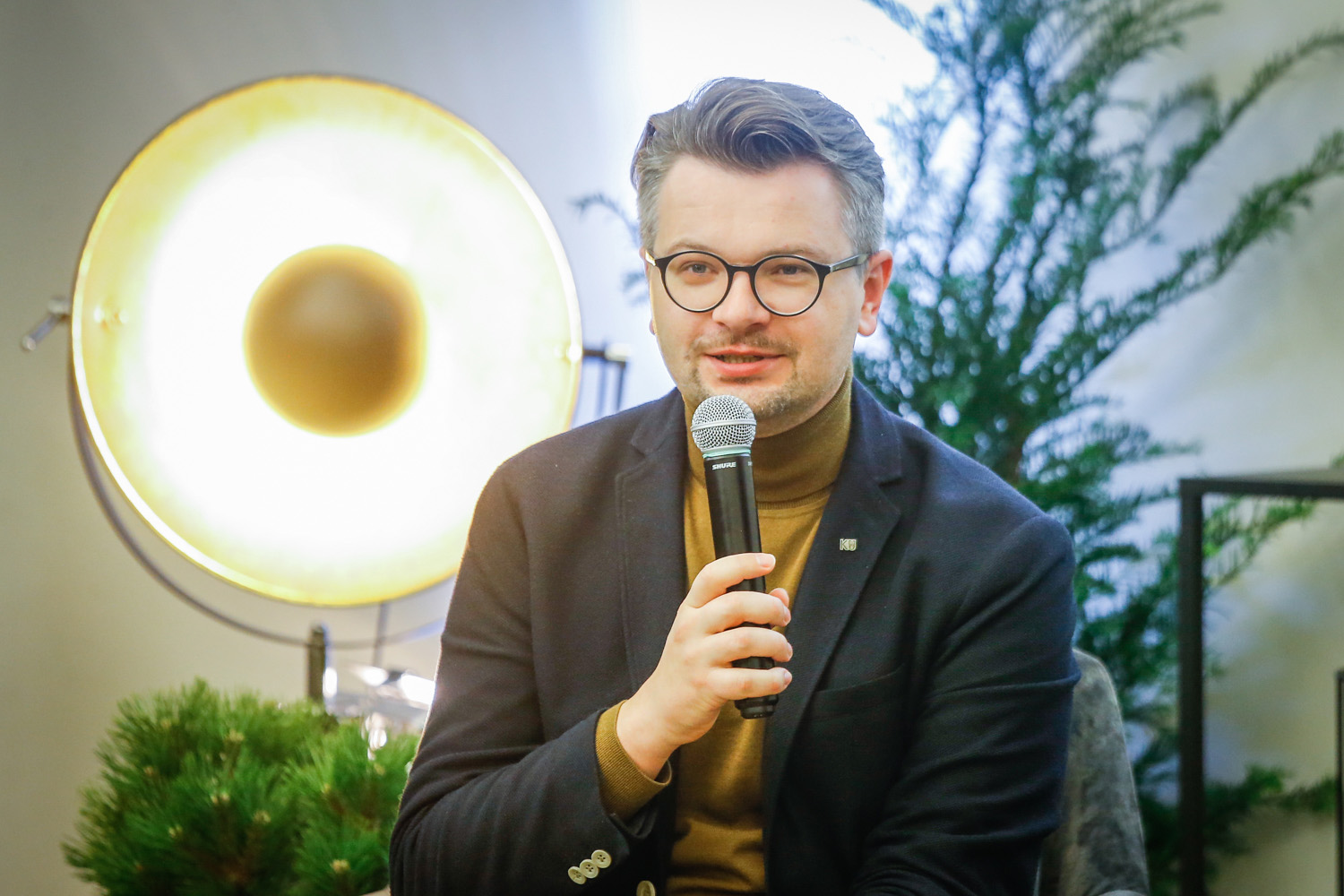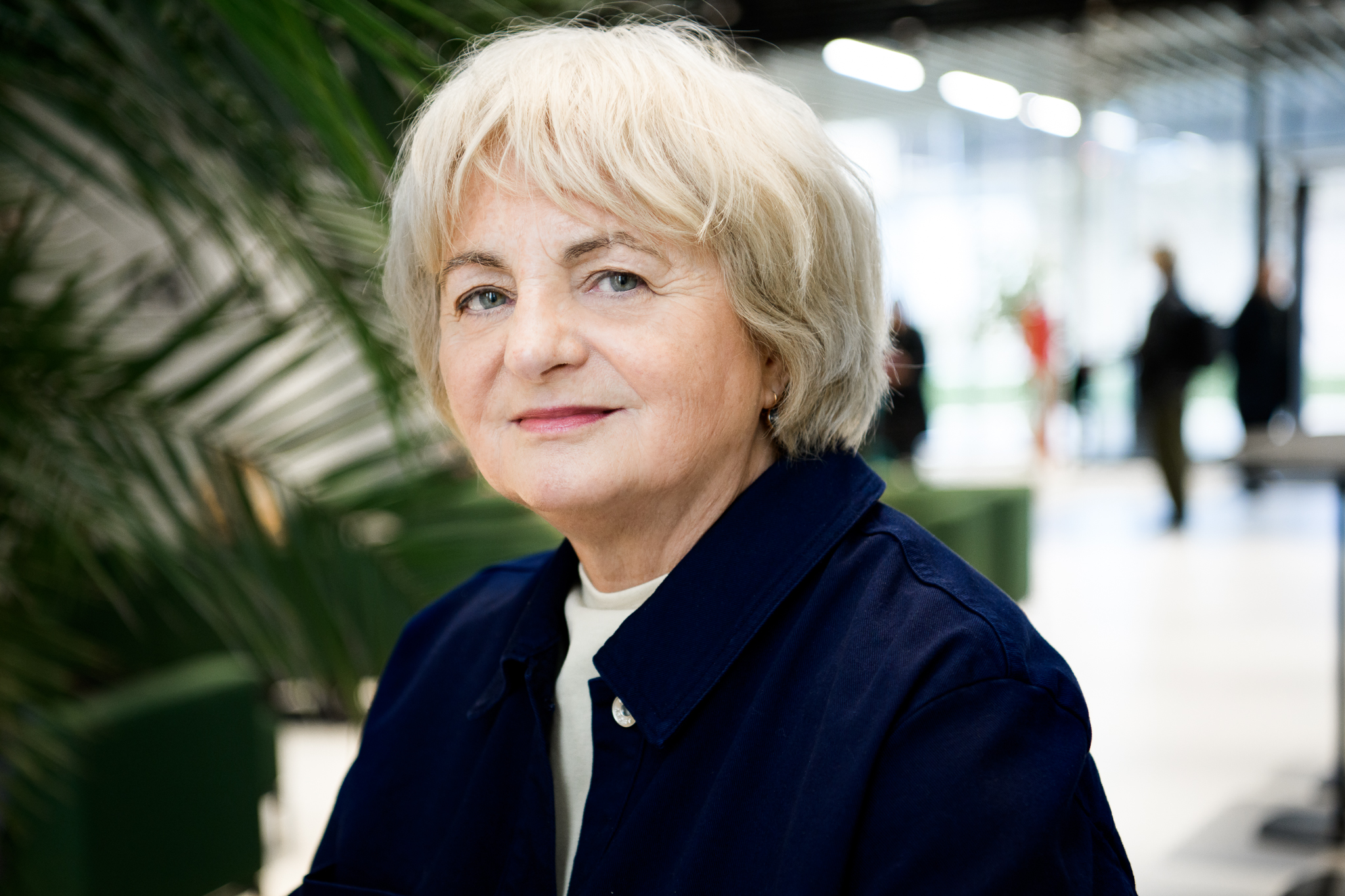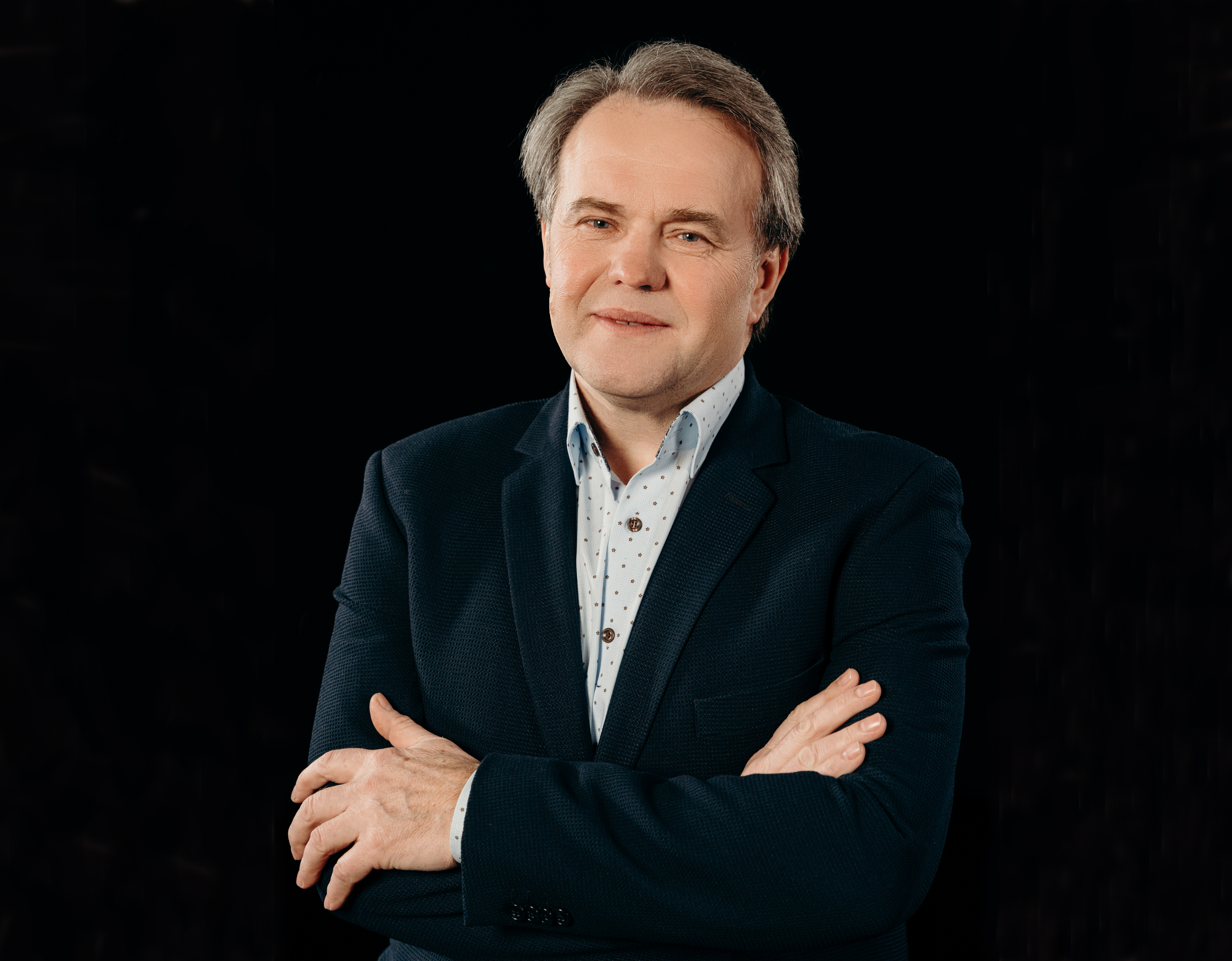- Home
- News
- Press releases
- Expectations and vision for the fourth term of the Lithuanian Council for Culture
Expectations and vision for the fourth term of the Lithuanian Council for Culture
The Meeting of the Members of the Lithuanian Council for Culture will commence its fourth term on 9 June. Its members share their expectations and vision for enhancing the Council’s effectiveness and driving positive developments in the cultural sector.
The new Chairwoman envisions a Council that goes beyond administrative duties to become a true partner to the cultural community.
Kristina Mažeikaitė, an artist, researcher, and PhD in Economics, will lead the fourth term of the Meeting of the Members of the Lithuanian Culture as its Chair. “I’ve been involved in cultural policy for many years and am currently engaged in applied research on artists' well-being and the cultural landscape in Lithuania. I also collaborate with municipalities to explore ways to improve it,” says Mažeikaitė, emphasising her experience with the Lithuanian Culture Council. Her academic background further strengthens her expertise – she recently earned a PhD in Economics and lectures at Vilnius University. She also paints and curates art projects. “The fusion of these two distinct fields helps evaluate and analyse cultural issues as well as experience them on a deeply personal level.”
K. Mažeikaitė notes that the role of the Chairwoman demands not only expertise but also effective collaboration with the Ministry of Culture and strong inter-institutional support. She decided to accept the position only after confirming that her vision for the role of the Council had the full support and endorsement of its members. “The confidence and expectations placed upon me are binding.”
Looking ahead, K. Mažeikaitė states she aims to transform the Lithuanian Council for Culture into more than just a project manager, envisioning it as a centre of expertise, leadership, and collaboration. “It is crucial for the Council to recognise the challenges facing the cultural sector, actively participate in addressing them, drive change, and closely collaborate with cultural organisations and policymakers.”
Her immediate objectives involve collaborating with the Members of the Council to establish the main priorities for the term, fostering partnerships with strategically funded organisations, and enhancing the Balanced Cultural Development programme. The Chairwoman dismisses the misconception that a new Council automatically brings a new funding model. She believes that any changes should be approached holistically within the overall funding framework, rather than made in isolated steps tied to shifts in office terms or on a yearly basis.
She will also prioritise the well-being of artists and fair compensation for their creative efforts. The new Chairwoman believes that solutions must be developed at both the national and local levels. Strengthening the area of cultural research is also a key priority: “We currently lack a dedicated institution capable of comprehensively and effectively addressing the demand for cultural statistics and research. I recognise the significance of enhancing the role of the Division of Monitoring and Analysis of the Lithuanian Council for Culture.”
K. Mažeikaitė notes that “collaboration, leadership, and proactive engagement must become standard practices for the Lithuanian Council for Culture.” This stands as one of the key commitments of the fourth term.
Members of the Council to enhance collaboration, promote diversity, and support professional growth through funding
Julijus Grickevičius, a communications specialist and cultural manager with experience submitting projects and serving as a peer assessor for two terms, describes the Lithuanian Council for Culture as a vital force in the cultural sector – an outstanding example of sustained growth, development, and strong engagement within the field. He emphasises that having a strategic perspective is essential for a Member of the Council and that maintaining consistent oversight of processes and activities is critical, especially at the beginning of a new term. “Even the most innovative ideas of our time require ongoing revision, refinement, and adaptation to meet evolving challenges. My main focus lies in the strategic allocation of funding for events and organisations, ensuring a balanced representation across genres,” says J. Grickevičius.
Artist and lecturer Arturas Valiauga shares a similar perspective. He acknowledges the Council’s strength but believes it should become more flexible and foster deeper collaboration with science and education institutions. This is crucial for shaping the future of contemporary art, enhancing its framework and operations, while also broadening funding opportunities and resources for professional artists. “I am committed to actively shaping the cultural landscape by fostering dialogue, celebrating diversity, and highlighting the unique qualities of various artistic disciplines, creating an environment where creative endeavours can thrive,” he adds.
Many Members of the Council emphasise a broad, inclusive understanding of culture and are committed to strengthening it beyond the confines of their own professional backgrounds. This perspective is echoed by art historian and exhibition curator, Professor Giedrė Jankevičiūtė, a habilitated Doctor of Art History: “I value the opportunity to observe Lithuania’s cultural developments in their entirety and am optimistic that the Council’s work will play a meaningful role in advancing these processes.” Dancer, choreographer, and educator Lina Puodžiukaitė-Lanauskienė echoes this sentiment. Encouraged by the contemporary dance community, she joined the Council and continues to contribute as an expert. She sees a valuable opportunity to further the work she has begun: “My initial focus will be to gain a deep understanding of the Council’s inner workings, after which I will leverage my experience to support informed and impactful decision-making. My goal is to strengthen and enhance the Council’s effectiveness through collaborative efforts with my colleagues.”
Members of the Council are dedicated not only to advocating for their individual fields but also to identifying shared goals that unite the entire cultural sector. Historian Grigorijus Potašenko, Associate Professor at Vilnius University, Doctor of Humanities, emphasises that cultural diversity should not only be acknowledged but also actively integrated into a unified cultural policy: “Ensuring the equal inclusion of national minorities and their cultures within contemporary Lithuanian society is a matter of vital national significance.” He believes it is essential to foster collaboration that makes culture a collective responsibility shared by all of society.
Meanwhile, Vasilijus Safronovas, historian, Doctor of Humanities, and professor at Klaipėda University, brings to the Council extensive experience in bridging the fields of science, heritage, memory culture, and education. He noted that the community’s confidence in his candidacy reflects the potential impact of his work in shaping a more integrated cultural policy – one that extends beyond the country’s main centres to the regions, where strengthening memory institutions and enhancing culture’s educational role are equally vital.
Several members of the Council’s fourth term highlight the qualitative continuity and enhancement of key areas, including funding, proposal evaluation, and expert contributions. Ramunė Marcinkevičiūtė, theatre scholar, Doctor of Humanities, and professor at the Lithuanian Academy of Music and Theatre, hopes that during this term the Council’s funding can be increased, despite competing demands from other state priorities: “The value of responsibility and accountability among creators and experts is increasingly vital in today’s context.” She also emphasises that peer assessors should play a greater role in evaluating applications, noting that “the contexts of cultural content, form, style, and diversity are primarily shaped by experts within the field.”
Professor Zbignevas Ibelgauptas, a pianist with extensive artistic and managerial experience, echoes this view, advocating for greater emphasis not only on the formal quality of applications but also on a thorough analysis of the content of projects already completed: “It is crucial to strike a balance between the quality of submitted projects and the excellence of their execution.”
The fourth term of the Meeting of the Members of the Lithuanian Council for Culture is set to commence on 9 June 2025. The Council is composed of literary scholar Dr Jūratė Čerškutė, cultural manager Julijus Grickevičius, architect Prof. Dr Tomas Grunskis, pianist and educator Prof. Zbignevas Ibelgauptas, art historian Prof. Dr Giedrė Jankevičiūtė, theatre scholar Prof. Dr Ramunė Marcinkevičiūtė, historian assoc. Prof. Dr Grigorijus Potašenko, dancer and educator Lina Puodžiukaitė-Lanauskienė, historian Prof. Dr Vasilijus Safronovas, and artist and lecturer Arturas Valiauga.



